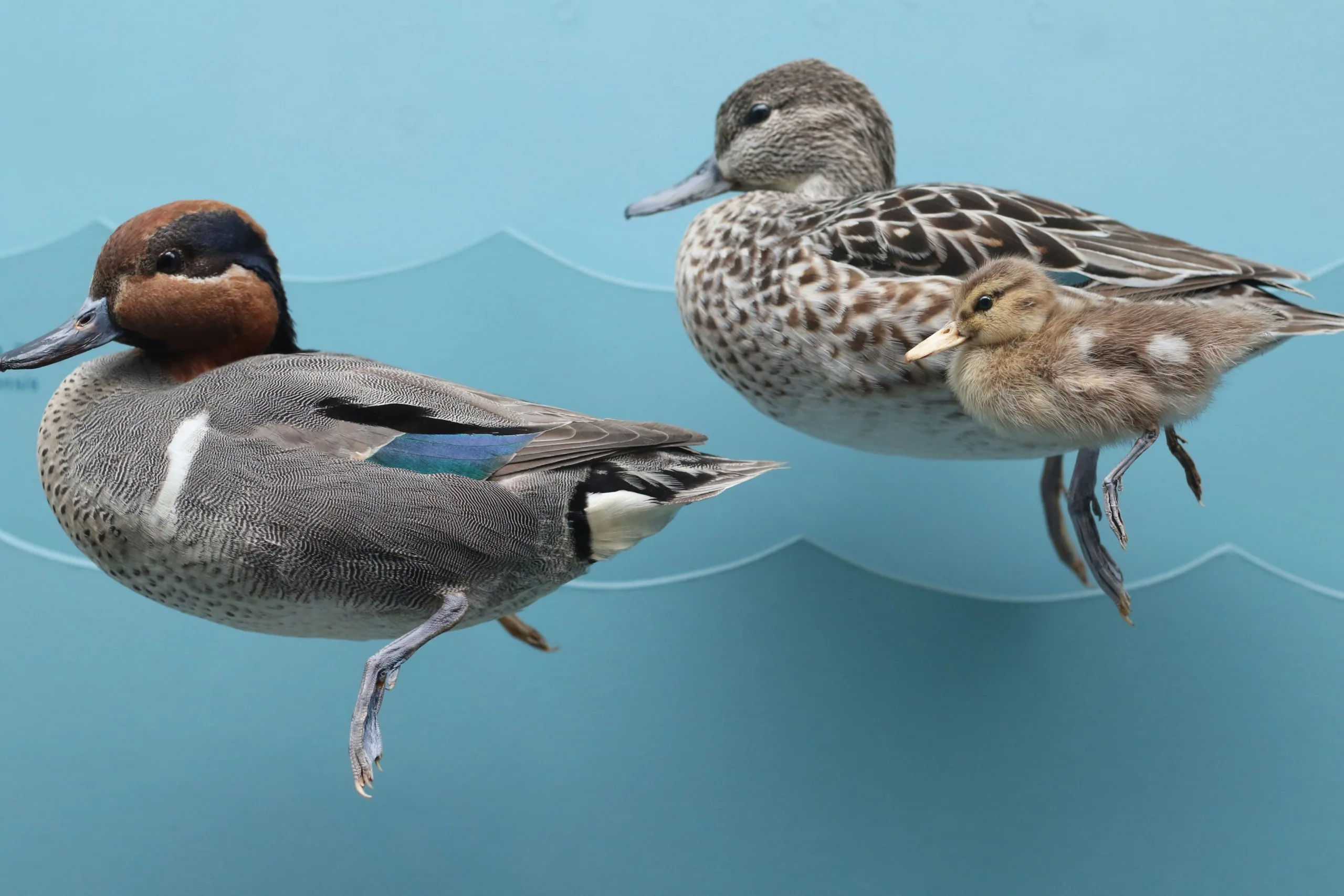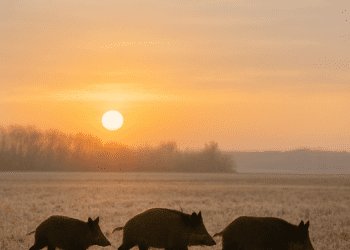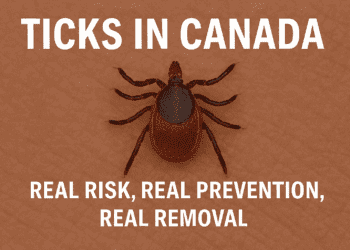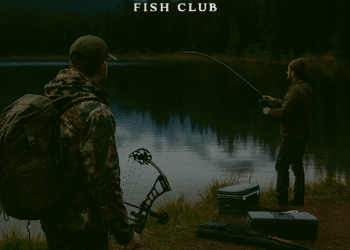
Introduction to the Importance of Pollinators
Pollinators play a vital role in our ecosystems and food systems, yet they often remain overlooked in discussions related to environmental health and agricultural productivity. Among the array of pollinators, bees are particularly significant, comprising numerous species that contribute tremendously to the pollination process. These industrious insects facilitate the reproduction of flowering plants, including many that are essential for human consumption, such as fruits, vegetables, and nuts.
The relationship between pollinators and biodiversity is profound. As they move from one plant to another in search of nectar and pollen, pollinators ensure cross-pollination, which fosters genetic diversity among plant populations. This diversification is crucial for plant resilience, enabling ecosystems to withstand environmental changes and pressures, including climate fluctuations and diseases. Additionally, many plants that require pollination are foundational species within their ecosystems, supporting a wide range of other organisms, including birds, mammals, and insects. Thus, pollinators are integral to maintaining ecological balance.
Moreover, the role of pollinators extends beyond mere ecological functionality; it significantly impacts global food security. Recent estimates suggest that approximately one-third of the food consumed by humans relies directly on the activity of pollinators. Fruits like apples and blueberries, vegetables such as cucumbers and squash, and various nuts rely heavily on these species for successful cultivation. Disruptions in pollinator populations, therefore, can lead to decreased food production, resulting in economic losses and potential food shortages.
Recognizing the critical importance of pollinators is essential for developing strategies that protect and conserve these species. As their populations face numerous threats from pesticides, habitat loss, and climate change, it has become increasingly important to advocate for sustainable practices that support their survival, ensuring both ecological health and food security for future generations.
The Role of Pollinators in Ecosystems
Pollinators play a crucial role in maintaining the health and stability of ecosystems. They are primarily responsible for facilitating the reproduction of flowering plants, which are critical for the survival of many species. The process of pollination is essential not only for the production of fruits and seeds but also for the enhancement of plant diversity. Various types of plants, such as fruits, vegetables, and wildflowers, rely heavily on pollination to reproduce. In fact, approximately 75% of the world’s flowering plants depend on pollinators for successful fertilization.
The absence of pollinators would lead to a significant decline in plant diversity. This loss of biodiversity would have cascading effects throughout ecosystems. For instance, many animal species depend on flowering plants for food, including herbivores that rely on specific plants for sustenance. If pollinators were to vanish, the decline in plant diversity would consequently reduce the food supply for these herbivores, potentially leading to their decline as well. This, in turn, would affect carnivores and omnivores that depend on herbivores for nourishment, disrupting the entire food web.
Moreover, healthy ecosystems are characterized by a variety of plant species that contribute to soil stabilization, water regulation, and air quality enhancement. Pollinators support these functions by promoting plant reproduction and growth, ensuring that diverse plant life flourishes in various habitats. The loss of pollinators poses a serious threat to ecosystem balance, as the decreased availability of plant species can compromise habitats for many organisms. This decline in biodiversity can lead to fragile ecosystems that are vulnerable to additional stressors, such as climate change and habitat destruction.
Pollinators and Food Production
Pollinators play an indispensable role in food production, facilitating the reproduction of numerous plant species. Studies indicate that around 75% of the world’s flowering plants depend on animal pollination, which significantly contributes to global food supply. Essential crops such as fruits, vegetables, and nuts heavily rely on these pollinators to achieve optimal yields. For instance, crops like almonds, avocados, and blueberries are particularly reliant on effective pollination, with almond production entirely dependent on bee pollination.
The economic implications of pollinators are staggering. According to the Food and Agriculture Organization (FAO), it is estimated that pollinators contribute approximately $235 to $577 billion annually to global food production. This data underscores just how vital these insects are to not only the agricultural sector but also to overall food security. When pollinators face population declines due to factors such as habitat loss, pesticide exposure, and climate change, the repercussions can be dire. Reduced pollination affects crop yields, subsequently leading to increased prices and decreased availability of healthy produce.
Moreover, the potential consequences extend beyond mere economic repercussions. A decline in pollinator populations threatens biodiversity and the resilience of our ecosystems. As plant species that depend on pollinators diminish, food chains become destabilized, affecting both human and wildlife populations. The loss of pollinators not only jeopardizes the supply of nutritious foods but also undermines food systems that rely on diverse agricultural practices. The interdependence between pollinators and food production underscores the necessity of conservation efforts aimed at protecting these vital species.
Threats Facing Pollinators
Pollinators, including bees, butterflies, and birds, play a crucial role in maintaining the health of ecosystems and supporting agricultural productivity. However, they face numerous threats that jeopardize their populations and, by extension, the balance of our food systems. One of the most significant threats is habitat loss, which occurs due to urban development, agricultural expansion, and land use changes. As natural environments are replaced with impermeable surfaces or monoculture crops, the resources that pollinators rely on for sustenance and shelter diminish, leading to population declines.
Pesticide use also presents a severe challenge to pollinators. The application of chemical pesticides in agriculture is intended to protect crops from pests, but these substances can be harmful or even lethal to non-target organisms, including beneficial pollinators. Exposure to neonicotinoids, in particular, has been linked to impaired foraging behavior, reduced reproductive success, and increased susceptibility to disease, further endangering their survival.
Climate change adds another layer of complexity to the threats faced by pollinators. As global temperatures rise, the timing of flowering plants and the life cycles of pollinators may become misaligned. This phenomenon, known as phenological mismatch, can lead to insufficient food availability for pollinators when they emerge from hibernation or maturity. Furthermore, extreme weather events—such as droughts, heavy rains, and severe winters—can disrupt their habitats, causing additional stress on their populations.
Lastly, diseases and parasites, such as Varroa mites and Nosema fungus, pose significant risks to bee colonies, weakening them and making them more vulnerable to environmental stresses. The interaction of these threats creates a precarious situation for pollinators, highlighting the urgent need for concerted efforts to mitigate these challenges and safeguard these essential contributors to biodiversity and food security.
The Importance of Conservation Efforts
Conservation efforts aimed at protecting and restoring pollinator populations are crucial for maintaining healthy ecosystems and ensuring food security. Pollinators, such as bees, butterflies, and birds, play a vital role in the reproductive processes of flowering plants by facilitating the transfer of pollen. This function is essential not only for the survival of numerous species but also for the yield of many crops that human societies depend on. Hence, enhancing pollinator habitats and mitigating their decline through targeted conservation initiatives is imperative.
One significant aspect of these conservation efforts is the restoration of native habitats. Urbanization, agricultural expansion, and pesticide use have led to habitat loss and fragmentation, negatively impacting pollinator populations. By creating and preserving community gardens, wildflower strips, and natural reserves, we can provide the necessary resources such as food and shelter for pollinators. These conservation strategies not only bolster pollinator populations but also promote greater biodiversity within these ecosystems, creating a balance that benefits all organisms involved.
Moreover, conservation initiatives can lead to improved agricultural practices. By implementing sustainable farming techniques that reduce pesticide use and promote organic practices, farmers can contribute to healthier pollinator populations. Initiatives such as promoting crop rotation, planting cover crops, and establishing pollinator-friendly farms can increase the yield of pollinator-dependent crops while safeguarding the environment. Thus, integrating conservation efforts into agricultural policies is essential for fostering a mutually beneficial relationship between pollinators and food production.
Ultimately, the significance of conservation efforts extends beyond merely preserving pollinators. They serve as an investment in the sustainability of our ecosystems and agricultural systems. As we work to restore pollinator populations, we are not only supporting nature but also enhancing our food systems for future generations.
What Individuals Can Do to Help Pollinators
Individuals play a crucial role in supporting and enhancing the health of pollinator populations. One effective way to contribute is by creating pollinator-friendly gardens that provide essential habitats for these vital species. This can be achieved by planting a diverse array of nectar and pollen-producing flowers, shrubs, and trees that bloom at different times throughout the year, ensuring a continuous food source for pollinators. Native plants are particularly beneficial, as they are better suited to local climates and attract native pollinator species.
In addition to gardening efforts, individuals can extend their support by choosing to buy from local farmers who practice sustainable agriculture. Local farms often employ methods that are more environmentally friendly and less reliant on harmful pesticides, thus helping to maintain healthy ecosystems for pollinators. Supporting community farmers’ markets or community-supported agriculture (CSA) not only fosters local economy but also promotes practices that protect pollinators.
Moreover, reducing pesticide use is essential for safeguarding pollinator health. Homeowners and gardeners can opt for organic pest control methods and limit their use of chemical pesticides that are known to harm bees and other pollinators. By being mindful of the products used in their gardens and around their homes, individuals can significantly decrease the risks posed to these essential creatures.
Engaging in community initiatives focused on conservation efforts can further amplify individual impacts. Participating in local clean-up events, pollinator habitat restoration projects, or educational workshops will help raise awareness about the importance of pollinators in both ecosystems and food systems. Collaboration with local environmental organizations can also lead to larger-scale efforts that inspire others to take action, further contributing to the protection and sustainability of pollinator populations.
Join Ducks Unlimited Canada: Free Webinar Overview
Ducks Unlimited Canada (DUC) is excited to announce an upcoming free webinar that aims to educate and engage individuals interested in supporting pollinator conservation. Scheduled for [insert date] at [insert time], this online event will provide valuable insights into the critical role that pollinators play in our ecosystems and food systems. Participants will learn about various species of pollinators, their contributions to biodiversity, and the challenges they face in the modern world.
During the webinar, experts from DUC will share valuable research findings and conservation strategies that can help protect these essential creatures. Topics will include the relationship between pollinators and native plant species, the impact of habitat loss, and actionable steps that individuals and communities can take to create pollinator-friendly environments. This is a unique opportunity to gather knowledge and become actively involved in initiatives that foster biodiversity.
Registering for the webinar is simple. Interested participants can visit the Ducks Unlimited Canada website and complete the registration form to secure their spot. Once registered, attendees will receive a confirmation email with a link to access the webinar, along with additional materials that may be referenced during the presentation.
This session aims to bring together individuals from various backgrounds, including ecological enthusiasts, educators, policymakers, and anyone interested in learning more about pollinators. By participating, attendees will not only expand their understanding of pollinator ecology but also connect with a community dedicated to conservation efforts. Don’t miss out on this opportunity to engage with experts and other passionate individuals working towards a common goal of supporting our vital pollinator populations.
Success Stories and Case Studies
The critical role of pollinators in maintaining healthy ecosystems and ensuring food security has prompted various conservation initiatives worldwide. Several success stories illustrate effective programs aimed at protecting these unsung heroes. One notable case is the Monarch Butterfly initiative in North America. Recognizing the alarming decline in Monarch populations, conservationists launched the “Monarch Joint Venture,” which focuses on restoring and creating habitats vital for their lifecycle. This collaborative approach, involving landowners, government agencies, and non-profits, has resulted in the establishment of thousands of acres of native milkweed, crucial for Monarch larvae. As a result, researchers report a noticeable increase in Monarch populations, demonstrating a successful model for habitat restoration efforts.
Another inspiring case comes from the European Union, which introduced the Pollinator Initiative in response to declining bee populations. This multi-faceted program includes legislation to enhance the protection of pollinator habitats, promote biodiversity-friendly farming practices, and provide financial incentives for farmers who adopt sustainable practices. Initiatives like wildflower strips in agricultural landscapes have significantly improved the foraging conditions for pollinators, leading to a robust resurgence in bee diversity and abundance. These efforts not only benefit pollinators but also enhance crop yields, proving the interdependence of healthy habitats and food systems.
In Australia, the “Bee Friendly” initiative represents a grassroots effort aimed at increasing public awareness and engagement in bee conservation. Community-led projects such as urban bee gardens and educational workshops have fostered local stewardship and appreciation for pollinators. By empowering individuals to take action, these initiatives effectively contribute to local biodiversity and ecosystem health. Each of these case studies underscores the importance of collaborative efforts, community engagement, and strategic planning in achieving tangible outcomes for pollinator conservation, ultimately ensuring the sustainability of both ecosystems and agricultural systems.
Conclusion: Making a Lasting Impact
In the intricate tapestry of our ecosystems and food systems, pollinators emerge as pivotal contributors, often overlooked yet fundamentally crucial. These remarkable creatures—ranging from bees and butterflies to birds and bats—facilitate the reproduction of over 75% of flowering plants, including many crops essential for human consumption. As we have explored throughout this discussion, the decline in pollinator populations poses a significant threat not only to biodiversity but also to global food security. Their role in enhancing the yield and quality of fruits, vegetables, and nuts cannot be overstated, making their conservation a critical priority.
The urgency to address challenges such as habitat loss, pesticide exposure, climate change, and disease is more pressing than ever. Each of these factors contributes to the decline of pollinators, which in turn jeopardizes our agricultural systems and the natural services they provide. This critical situation underscores the need for immediate and collective action. Governments, organizations, and individuals alike must recognize the interconnectedness of these issues and work collaboratively towards sustainable solutions that nurture pollinator populations.
As we champion the importance of pollinators, it is vital for individuals to consider their impact on these species. Simple actions, such as planting native flora, reducing pesticide use, and supporting local beekeepers and farmers, can create a ripple effect in protecting these essential wildlife partners. Education and awareness are powerful tools; by sharing knowledge about the significance of pollinators and the threats they face, we can inspire others to take action.
In conclusion, fostering a resilient ecosystem that supports pollinators requires a dedicated effort from all of us. Through informed choices and community engagement, we can help safeguard the future of pollinators and, consequently, our ecosystems and food systems, ensuring that these unsung heroes continue to thrive for generations to come.






















